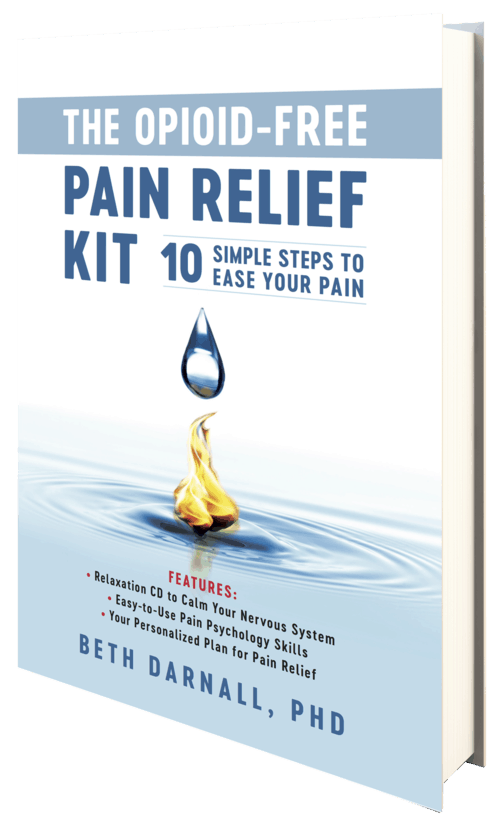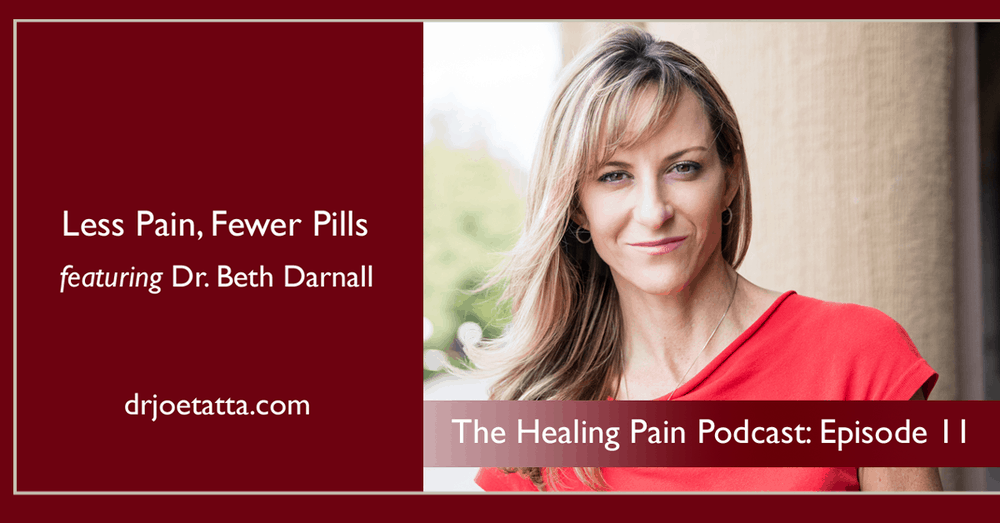“Scientific American” Feature on Treating Pain without Pills
The opioid crisis is forcing doctors to take different approaches to treating pain. In some cases, patients who have been prescribed opioids for years or decades are being abandoned or forced to quickly taper off opioids -- two poor approaches. Other patients are being steered in new directions that can improve pain and function with lower risks. I was honored to be featured in this Scientific American story (May 2017, Author: Stephani Sutherland, Ph.D.) in which the [...]










